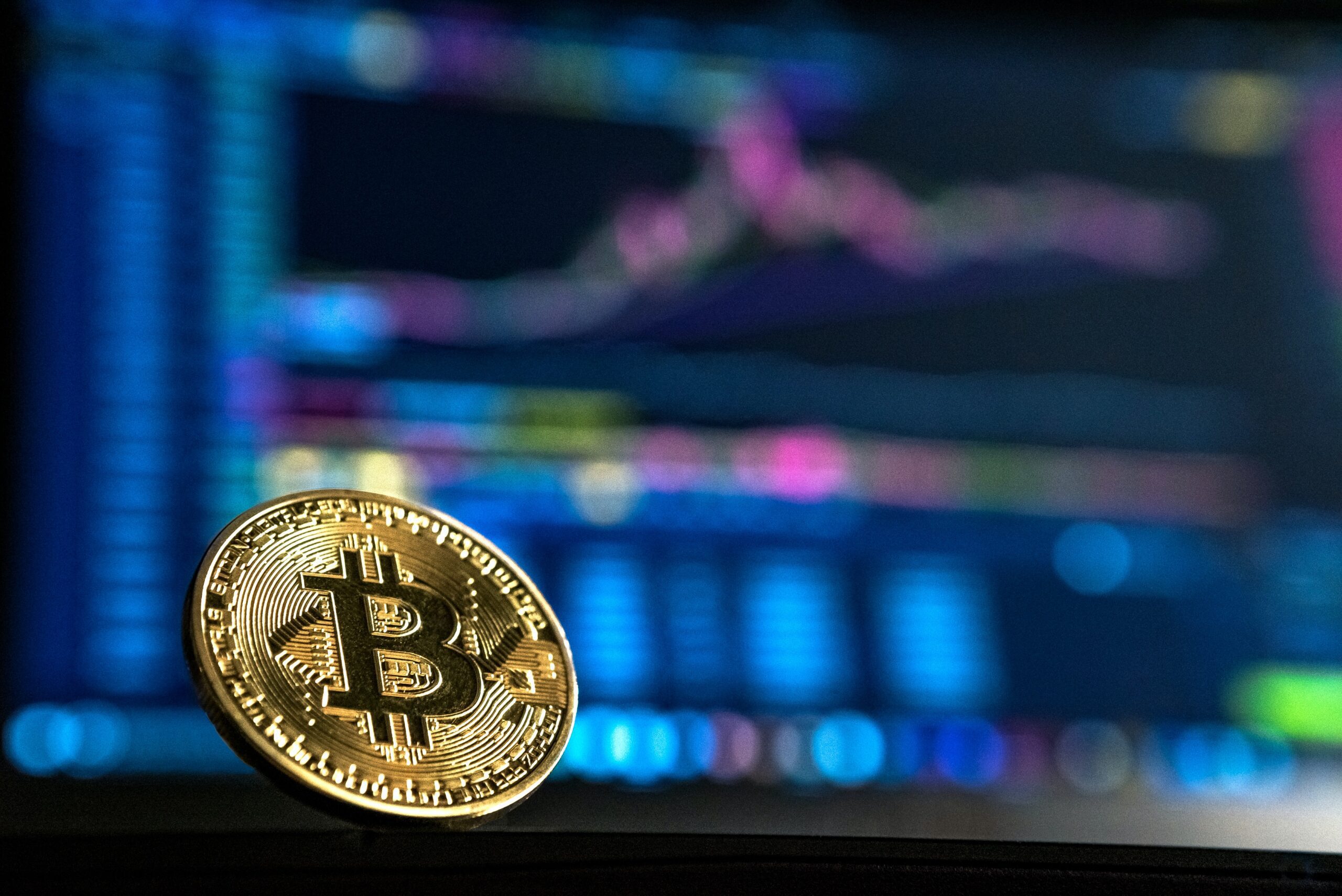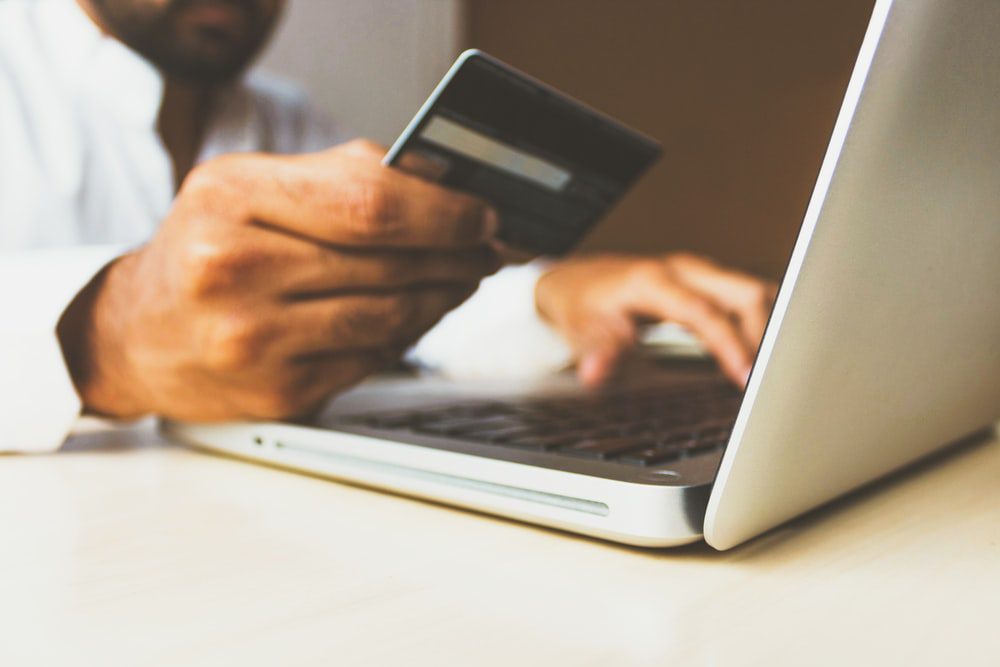
Bitcoin is a kind of cryptocurrency that is like an online form of cash. Satoshi Nakamoto invented it. You can utilize it for purchasing products and services, but not many places accept Bitcoins as a mode of payment. Instead, exchanging them between two parties occurs without the involvement of intermediaries such as banks or other financial institutions. Despite all this, bitcoin scams are happening, and many people fall for them. Therefore, people need to be aware of these scams and their warning signals to keep themselves safe.
How Bitcoin Operates?
- In Bitcoin, a technology called blockchain removes the mediators.
- If you must send money to somebody at the moment, you can utilize authorized arbitrators such as banks or other financial establishments. Both mechanisms, whether physical money or electronic transfer, require an intermediary. Where intermediaries are involved, transaction costs arise.
- Blockchain technology eliminates the mediators by restoring the dependency on them with cryptography which uses the CPU’s calculating power.
- The formation of cryptographic belief occurs in Bitcoin via wallet and public and private keys in the program.
- The Bitcoin wallet is accessible by anyone for free if they download Bitcoin trading software. It is necessary to note that each wallet has a public key as well as a private key.
- The public key has a similarity with an address or an account number. Any person is capable of sending or gaining bitcoins if this key is available to them.
- If a person desires to send Bitcoin, then a private key is necessary, which is similar to a digital signature.
- The name suggests that only the owner should know and hold the private keys, and public keys are shareable with anyone to obtain bitcoins.
- Transactions on the blockchain are public, but the owners of the Bitcoin addresses aren’t explicitly identified. This allows Bitcoin scams and their operators to function anonymously.
- Since the foundation of Bitcoin in 2009, every transaction that has taken place is kept in a ledger, which is accounted as immutable.
- The telecommunication network nodes confirm the Bitcoin transactions with the help of cryptography. Next, recording those transactions happens in a non-centralized distributed ledger known as the blockchain.
Purchasing Bitcoin:
The most convenient way of purchasing Bitcoin is by buying it through an online exchange platform. This platform makes it suitable for you to buy, sell, send, receive, and keep Bitcoin securely by using public and private keys.
But if you choose to purchase and store Bitcoin outside the online exchange platform, then below is a description of its functionality.
- Every person who joins the Bitcoin network is provided a public key, a long string of letters and numbers that you can consider, like an email address, and a private key similar to a password.
- When you purchase, send, or receive a Bitcoin, you get a public key, which you can think of as a key that unbolts a virtual vault and provides you access to your money.
- Anyone can send Bitcoin to you through your public key, but only the private key holder can get access to Bitcoin in the “virtual vault” once it’s been sent.
Bitcoin Scams:
Bitcoin scams are increasing, and people get trapped in them due to ignorance. Hence, they should know about these scams and their warning signals. The types of scams mentioned below will help people gain in-depth knowledge about them.
Types of Bitcoin Scams:
Blackmail Bitcoin scams:
Beware of blackmailing attempts in which unknown persons frighten you in exchange for Bitcoin as a means of extortion. One standard method is by email, where the sender sends a message declaring that someone has hacked into your computer and is using it through the remote desktop protocol (RDP).
The sender mentions that a key logger has been installed and that your web camera was utilized to record you doing something you might not want others to know about. Finally, the sender gives you two options. One is to send Bitcoin to subdue the material, and the other is not to send anything and watch the content being revealed to the public. The scammers utilize stolen email lists and additional leaked information about the user to run this scheme.
Fake Exchange Bitcoin scams:
As bitcoins have become more popular, many people are eager to acquire them. Sadly, scammers have taken advantage of this and have established fake Bitcoin exchanges. These fake exchanges may deceive their users by providing extremely competitive market costs that pacify them into thinking that they’re obtaining a steal, with fast and convenient access to some cheap bitcoin. Therefore, people must utilize a reputable exchange while purchasing or selling bitcoins.
Meet-in-person bitcoin scams:
While purchasing or selling Bitcoin locally, a counterparty might ask you for a face-to-face meeting to conduct an exchange. If it is not a trusted party you’ve known before, this is an uncertain proposition that could lead to you being robbed by Bitcoin scams. Scammers have also been known to exchange fake fiat currency in exchange for Bitcoin. Therefore, it is better to consider using a peer-to-peer platform for escrowing funds in place of meeting in person.
Money transfer Bitcoin frauds:
It is better not to reply to emails or inbound communications from unknown people revealing that they require assistance in moving some money, where you’ll gain a portion of the funds in exchange for your services.
Pump and Dump Scam in Bitcoin:
Don’t believe people who entice you or others to invest because they declare that they know what the price of Bitcoin will be. In a pump-and-dump scheme, an individual tries to artificially drive up or pump the price to later dump their holdings for a profit.
Conclusion:
People interested in Bitcoin investment should be aware of the Bitcoin scams and their warning signals. By doing so, they’ll be able to keep themselves safe and protected in such a way that no scammer can harm them.








